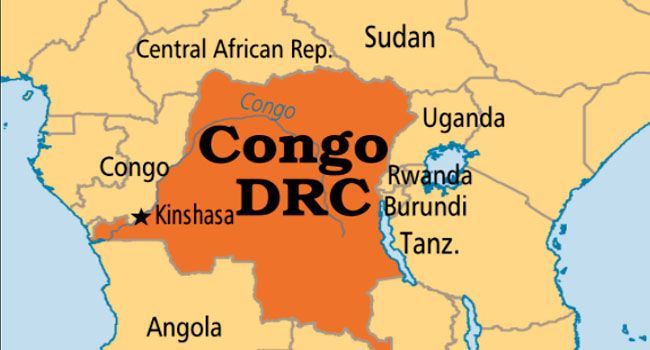DR Congo: Terror Group ISCAP Changes Tactics to Targeting Civilians

Although the nature of ties between the Islamic State’s (IS) centralized leadership and the Islamic State in Central Africa Province’s (ISCAP) Congo branch have been intensely debated among analysts, the Congo branch’s changing tactics reveal a newfound, IS-like focus on targeting civilians in highly populated locations.
On January 5, for example, the Congo branch detonated an improvised explosives device (IED) at a market in Oicha, Beni, injuring several shoppers (Twitter.com/Africisorg, January 5).
Such an attack would not be unprecedented for the Congo branch, which conducted a suicide bombing at a restaurant in Beni on Christmas only two weeks earlier, killing six people (aljazeera.com, December 25, 2021).
These tactics contrast with al-Qaeda’s and more moderate IS theologians’ general tendencies in Africa to avoid mass killings of civilians in public places, with the exception of targeting foreigners. Some IS theologians who were formerly in al-Qaeda, for example, advised the Islamic State in West Africa Province (ISWAP) to only conduct attacks in populated places in exceptional cases, such as when it was the only way to kill soldiers who posed a threat to ISWAP fighters (Muasasat al-Turath, March 2015).
ISCAP’s Congo branch, therefore, appears to be adopting the more extreme ideology and tactics of IS. At the same, its attacks in Uganda in late 2021 also indicate the capability and willingness to expand into other countries from Congo (majalla.com, December 10).
While this might be expected to lead to increased intelligence pressure against the Congo branch, the Rwandan media alleges that the head of Ugandan military intelligence, Major General Abel Kandiho, met in South Africa with Kayumba Nyamwasa.
This is problematic both because Nyamwasa is an alleged war criminal for his role in the Rwandan genocide, and because he is now the exiled opposition leader of the Rwandan National Congress, which seeks to overthrow the Rwandan government (taarifa.rw, December 23, 2021). As a result, it is unlikely that Uganda and Rwanda will cooperate in countering the threat from the Congo branch due to mistrust between the two nations’ governments.
The Congo branch, meanwhile, will benefit from the lack of coordination between Uganda and Rwanda, especially if it targets Rwanda next. IS supporters have noticed Rwanda’s growing counter-terrorism presence in East Africa, including sending troops to Mozambique, and declaring war on and calling for IS to attack both Rwanda and Uganda in a video released on January 5 (archive.org, January 5).
More broadly, the video highlights IS operations in Africa and emphasizes how the continent has become a main focus of IS operations now that other regional theaters, such as North Africa, Southeast Asia, and Europe, have witnessed a reduction in IS activity.
